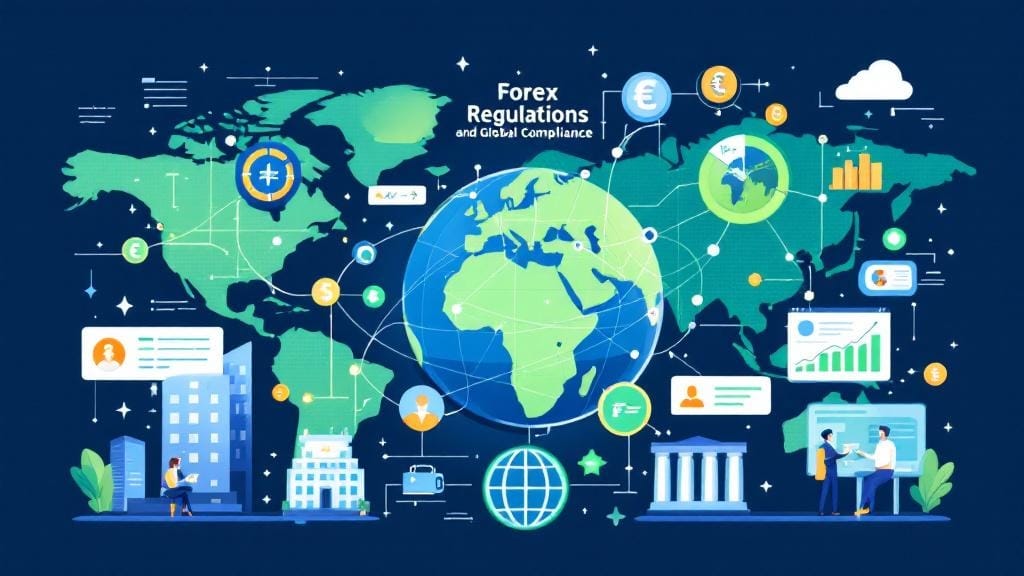Managing debt can feel overwhelming, especially when bills pile up, interest rates climb, and stress takes hold. But with the right debt management advice, you can regain control of your finances and work towards a debt-free future. Whether you’re facing short-term financial struggles or looking for long-term debt solutions, this guide provides practical, easy-to-follow tips to help you manage your debt effectively.
In this article, we’ll cover everything from how to manage debt effectively, understanding the difference between debt consolidation vs debt management, to using online debt management tools and accessing affordable debt advice. Let’s get started on your journey to financial freedom!
What Is Debt Management Advice and Why Does It Matter?
Debt management advice refers to professional guidance and practical tips designed to help individuals handle their debt responsibly. This advice includes budgeting, prioritizing debts, negotiating with creditors, and finding customized debt solutions that fit your unique financial situation.
Why is debt management important?
-
It prevents your debt from spiraling out of control.
-
Helps reduce stress by creating a clear repayment plan.
-
Improves your credit score by managing payments on time.
-
Allows you to avoid serious consequences like late payment penalties or collection agency involvement.
How to Manage Debt Effectively: Key Steps
1. Assess Your Income and Expenditure
A solid income and expenditure assessment is the foundation of good debt management. This means tracking how much money you bring in and where every penny goes.
-
List all income sources (salary, benefits, side gigs).
-
Track monthly expenses (rent, bills, groceries, entertainment).
-
Identify unnecessary spending you can cut back on.
Real-life example: Sarah realized she was spending £100 a month on unused subscriptions. Canceling them freed up money to pay down her credit card debt faster.
2. Prioritize Your Debts
Not all debts are created equal. Some have higher interest rates or more severe consequences if missed.
-
Prioritize debts with the highest interest first.
-
Consider debts that affect essential services (like utility bills) as urgent.
-
Keep up with minimum payments on all debts to avoid penalties.
This process is called debt prioritization, and it helps reduce your overall debt faster and avoid extra fees.
3. Explore Customized Debt Solutions
No two financial situations are alike. Tailored debt solutions, such as debt management plans or debt relief programs, can make a big difference.
-
Debt management plans (DMPs): Agreements with creditors to pay back debt in affordable monthly installments.
-
Debt consolidation: Combining multiple debts into a single loan with a potentially lower interest rate.
-
Insolvency alternatives: Options like debt relief orders or individual voluntary arrangements if your debts are unmanageable.
Choosing the right solution depends on your specific circumstances and goals.
Debt Consolidation vs Debt Management: What’s the Difference?
Both options can help you regain control, but they work differently.
| Aspect | Debt Consolidation | Debt Management Plan |
|---|---|---|
| How it works | Combines debts into one loan | Negotiated repayment plan with creditors |
| Interest rates | Usually lower than credit cards | Usually no interest added |
| Monthly payments | Fixed loan payment | Affordable monthly payment agreed |
| Impact on credit score | Could improve if payments on time | Might be noted on credit report |
| Suitable for | People with good credit and stable income | People struggling with multiple debts |
Financial Planning for Debt: Tips That Work
Creating a long-term plan can prevent future debt problems.
Build a Realistic Budget
-
Allocate money for essentials, debt repayments, and savings.
-
Use the 50/30/20 rule: 50% needs, 30% wants, 20% savings/debt.
Set Achievable Goals
-
Short-term: Pay off a credit card within 6 months.
-
Long-term: Save an emergency fund equal to 3 months’ expenses.
Use Online Debt Management Tools
Technology can help you stay organized:
-
Apps that track spending and debts.
-
Online calculators for repayment plans.
-
Alerts for due dates to avoid late payments.
Affordable Debt Advice: Where to Find Help
If you’re overwhelmed, seeking professional advice can make a difference. Look for:
-
Non-profit UK debt management services or equivalents in your region.
-
Community financial education resources.
-
Debt charities offering free, confidential advice.
-
Online forums and support groups for shared experiences and tips.
Dealing with Debt Collectors: What You Need to Know
Communication is key if you’re contacted by a collection agency.
-
Stay calm and keep records of all communications.
-
Verify the debt is yours before agreeing to pay.
-
Know your rights to avoid harassment.
-
Consider negotiating payment plans.
Managing Multiple Debts Without Losing Your Mind
Juggling several debts can be stressful but manageable:
-
Keep a list of all debts with balances and interest rates.
-
Focus on paying off one debt at a time while making minimum payments on others.
-
Consider debt consolidation if multiple payments are confusing or costly.
FAQs: Your Debt Management Questions Answered
1. What are the best long-term debt solutions for chronic debt?
Long-term solutions like debt management plans, consolidation loans, and insolvency alternatives offer structured ways to reduce or eliminate debt over time while protecting your financial health.
2. How can I assess my income and expenditure effectively?
Use budgeting apps or spreadsheets to track monthly income and expenses. Review bank statements and receipts regularly to identify spending patterns and areas to cut back.
3. What types of financial hardship support are available?
Many organizations provide hardship programs such as payment deferrals, reduced interest rates, or emergency grants to help during tough times. Contact your creditors or local support agencies.
4. How do late payment consequences affect my credit?
Late payments can result in fees, increased interest rates, and damage your credit score, making it harder to borrow in the future.
5. What should I know about loan repayment advice?
Always make at least minimum payments, communicate with lenders if you struggle, and avoid taking out new loans to cover existing debts without a clear repayment plan.
6. Are there insolvency alternatives to bankruptcy?
Yes, options like Individual Voluntary Arrangements (IVAs) or Debt Relief Orders (DROs) can provide manageable repayment plans without full bankruptcy.
7. Where can I find reliable financial education resources?
Many non-profit organizations, government websites, and community centers offer free courses and guides on managing money and debt.
Conclusion: Taking Control With Expert Debt Management Advice
Debt doesn’t have to be a life sentence. With the right debt management advice, you can take control, reduce your financial stress, and move toward a brighter financial future. By assessing your income and expenditure, prioritizing debts, exploring customized solutions, and seeking affordable debt advice when needed, you can manage debt effectively—even with multiple obligations.
Remember, your financial journey is unique. Take it one step at a time, use the right tools, and don’t hesitate to reach out for help. Debt management is about smart choices, patience, and the confidence to build a debt-free life.








Comments (0)